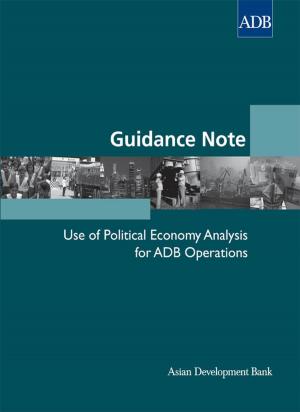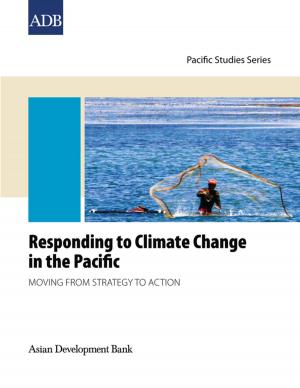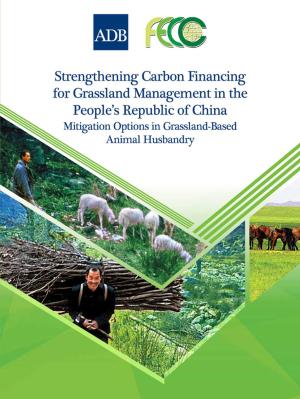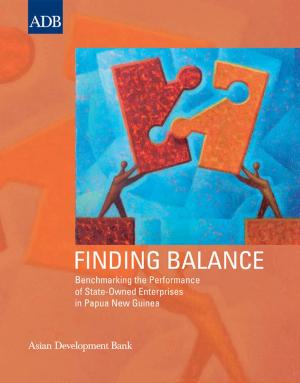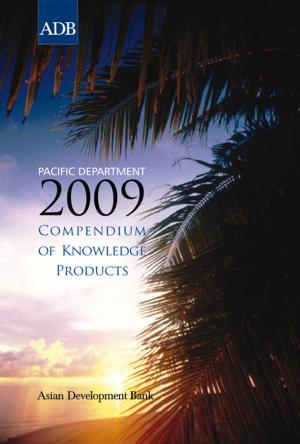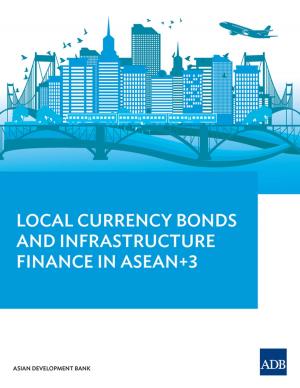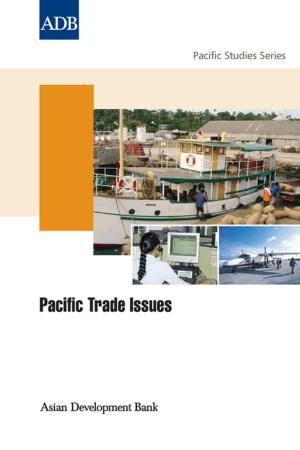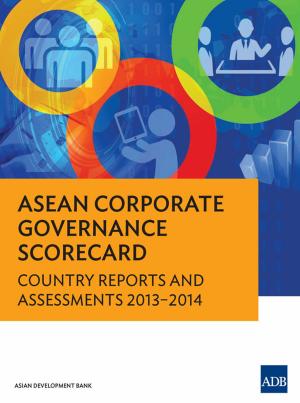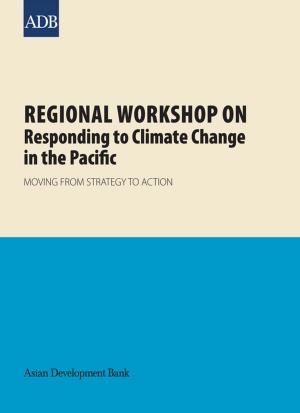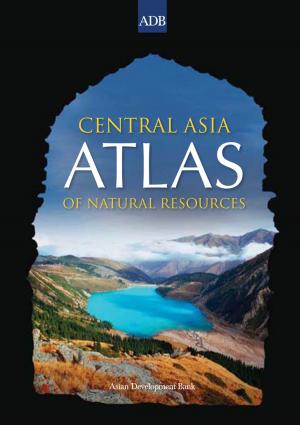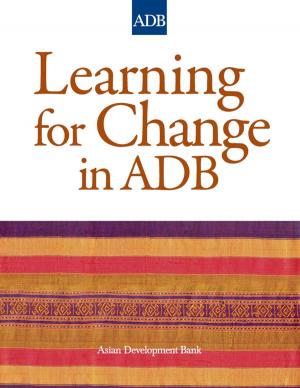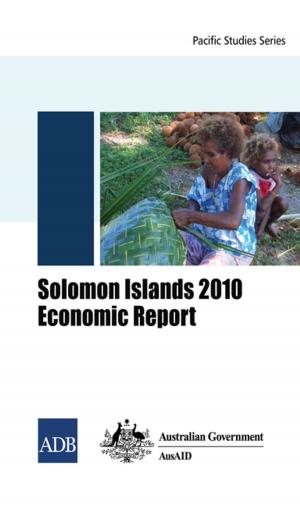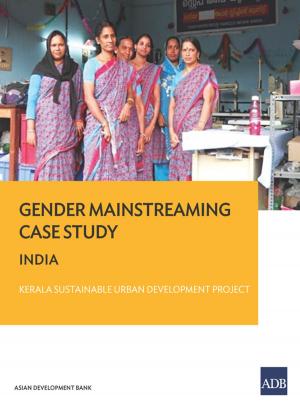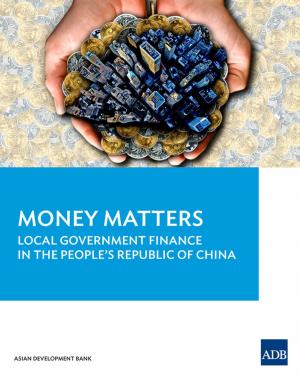Nature-Based Solutions for Building Resilience in Towns and Cities
Case Studies from the Greater Mekong Subregion
Nonfiction, Social & Cultural Studies, Political Science, Politics, City Planning & Urban Development, Business & Finance, Economics| Author: | Asian Development Bank | ISBN: | 9789292576585 |
| Publisher: | Asian Development Bank | Publication: | December 1, 2016 |
| Imprint: | Asian Development Bank | Language: | English |
| Author: | Asian Development Bank |
| ISBN: | 9789292576585 |
| Publisher: | Asian Development Bank |
| Publication: | December 1, 2016 |
| Imprint: | Asian Development Bank |
| Language: | English |
Urban populations are projected to increase from 54% to 66% of the global population by 2050, with close to 90% of the increase concentrated in Asia and Africa. Cities and towns---a growing source of greenhouse gas emissions---will need to address challenges posed by climate change. A nature-based approach in identifying climate change vulnerabilities and developing relevant adaptation options was conducted in three towns of the Greater Mekong Subregion. Working with local governments, nongovernment organizations, women's groups, and professional associations, town-wide adaptation measures were defined by overlaying climate change projections on town plans and zoning schemes for strategic infrastructure. This publication captures valuable experience and lessons from the project.
Urban populations are projected to increase from 54% to 66% of the global population by 2050, with close to 90% of the increase concentrated in Asia and Africa. Cities and towns---a growing source of greenhouse gas emissions---will need to address challenges posed by climate change. A nature-based approach in identifying climate change vulnerabilities and developing relevant adaptation options was conducted in three towns of the Greater Mekong Subregion. Working with local governments, nongovernment organizations, women's groups, and professional associations, town-wide adaptation measures were defined by overlaying climate change projections on town plans and zoning schemes for strategic infrastructure. This publication captures valuable experience and lessons from the project.

